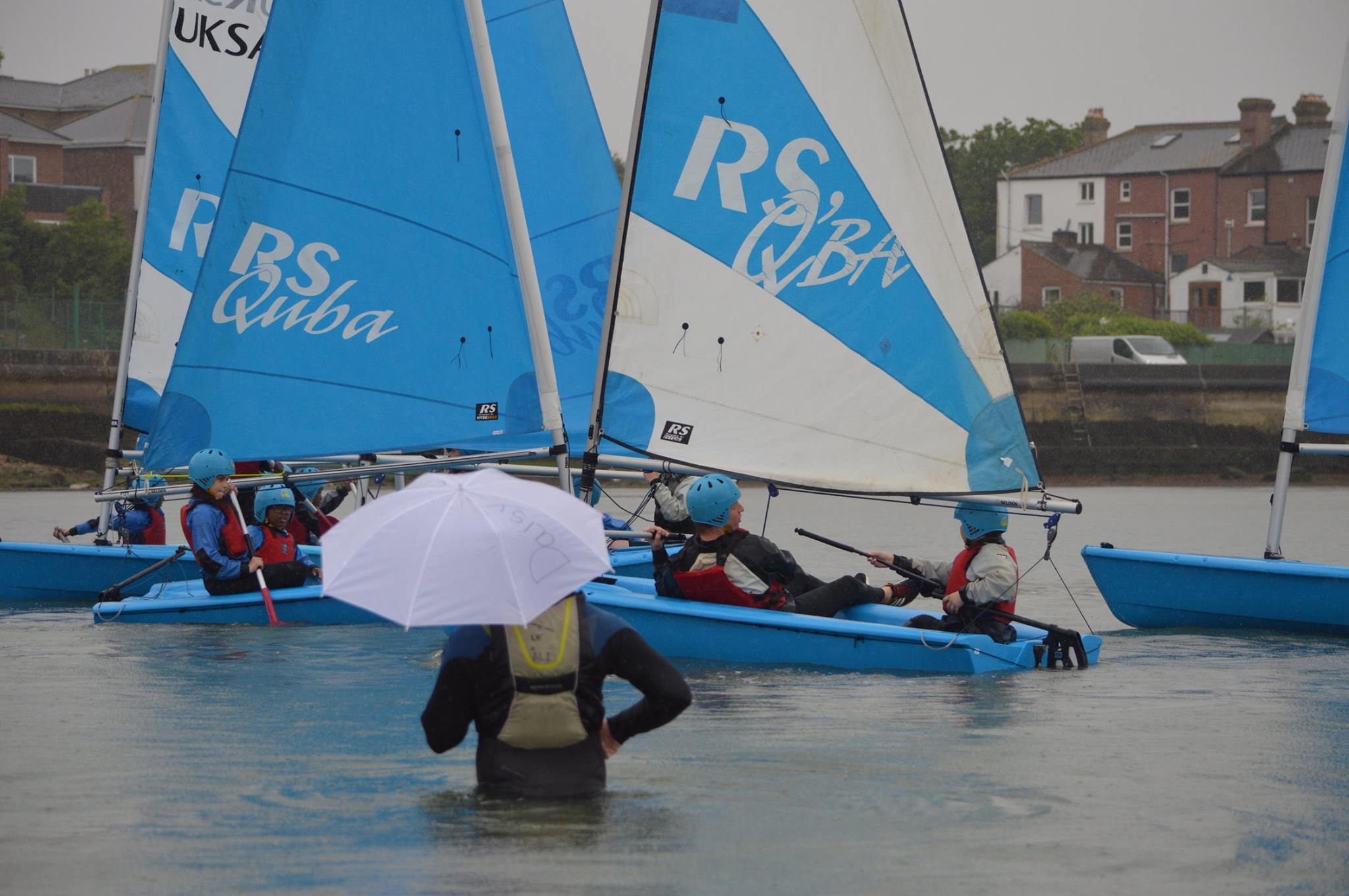I have felt for a long time that, certainly in the UK, we all too often have a flawed perception of sailing. The TV and media are forever showing £multi-million superyachts that very few could even remotely hope to afford. Then there's that old joke: "sailing is like standing in a cold shower tearing up £50 notes".
If that's your thing, that's fine.
For the rest of us, not tearing up the money would be a really sensible improvement. And as it happens, it doesn't have to be like standing under a cold shower either.
I find it extremely frustrating that France and Holland, for example, support and encourage sailing in all it layers. Small and large, modern and historic, budget and definitely not budget. Part of the consequence of that is that many sailing facilities in those countries are government sponsored. Something that rarely happens in the UK.
But why would a government support sailing?
The French realised that supporting sailing meant that people who sail would visit their ports and that sailors are tourists. If they made their ports welcoming and reasonably-priced, sailors would visit and visitors spend money.
The Dutch view was that as their small commercial boats became less cost-effective, if they didn't do something they would lose a huge amount of Dutch heritage.
Both peoples also recognised that sailing is a wonderful pastime that can be enjoyed on many levels. Windsurfers off of the beaches, canoes in small backwaters, dinghy racing, traditional boats of all kinds, Vendèe Globe, the Brest and Douarnenez festivals (Britany), Oostend Voor Anker (Belgium) and more.
Part of that whole view was definitely encouraged by a particular sailing school "L'école de voile des Glénans" or "Les Glénans school of sailing". Their history is interesting and important for many reasons. Notably, it was set up in 1947, just after WWII, to offer something challenging and interesting for the now "twiddling their thumbs" ex French resistance. Many of them had used small boats during the war for all sorts of purposes against the Nazi occupation, so they were highly skilled small boat sailors with time on their hands and, in truth, a need for a certain amount of escape from the stresses their recent. Les Glénans still operates today and they also publish an excellent manuals and guides, some that date from the 1950s but have been updated. In my personal opinion they are a really good guide and probably the best of their type anywhere. I personally have a 1978 copy of "The New Glénans Sailing Manual". I presume that the "Glénans Manual Of Sailing" is an updated version, but I don't know that.
My copy starts from an absolute basic "get in the boat afloat, let everything go and just watch what happens". "Now try this and see what happens then". They teach you to understand sailing at it's most fundamental level. And they go further and further forwards.
There are also, I must add, very many clubs and schools in the OK that are also extremely good (Island Cruising Club and UKSA for example, though there are many more and most sailing clubs offer instruction. Web search or ask around). The following photo is borrowed from UKSA.

Sailboat ownership - yacht owning if you prefer - is not the preserve of the rich. They just have bigger, more expensive boats. It is completely normal for a person of very modest means to own a small cruising sailboat. What does it feel like to own a yacht?